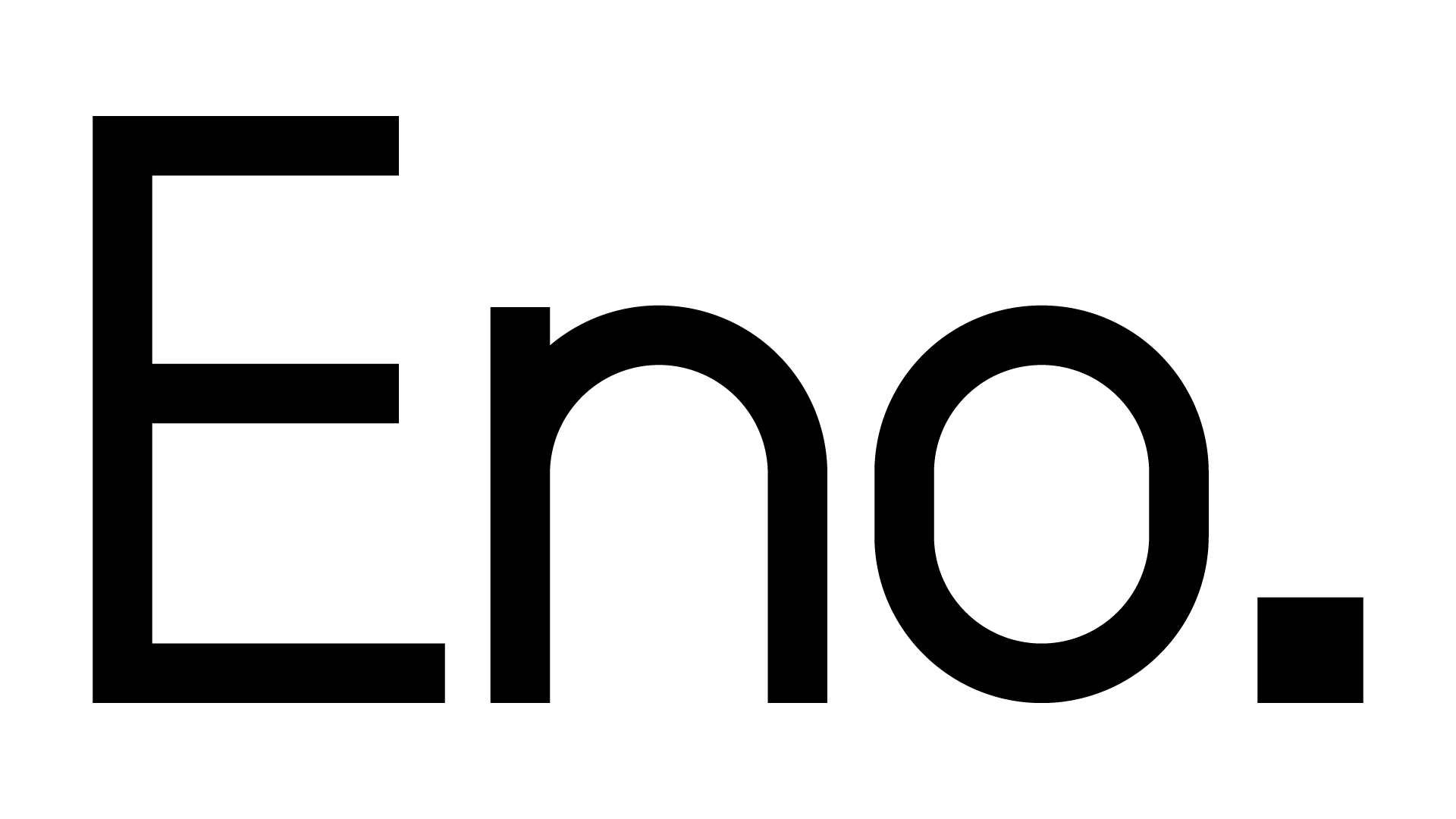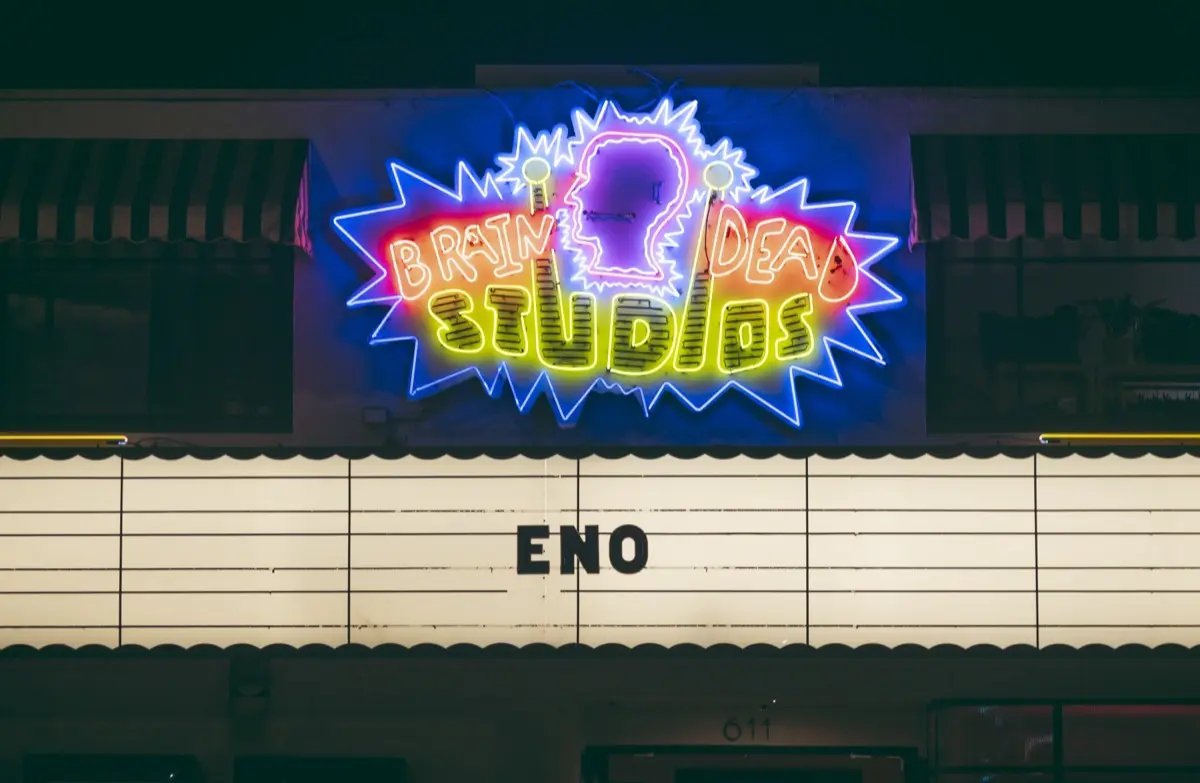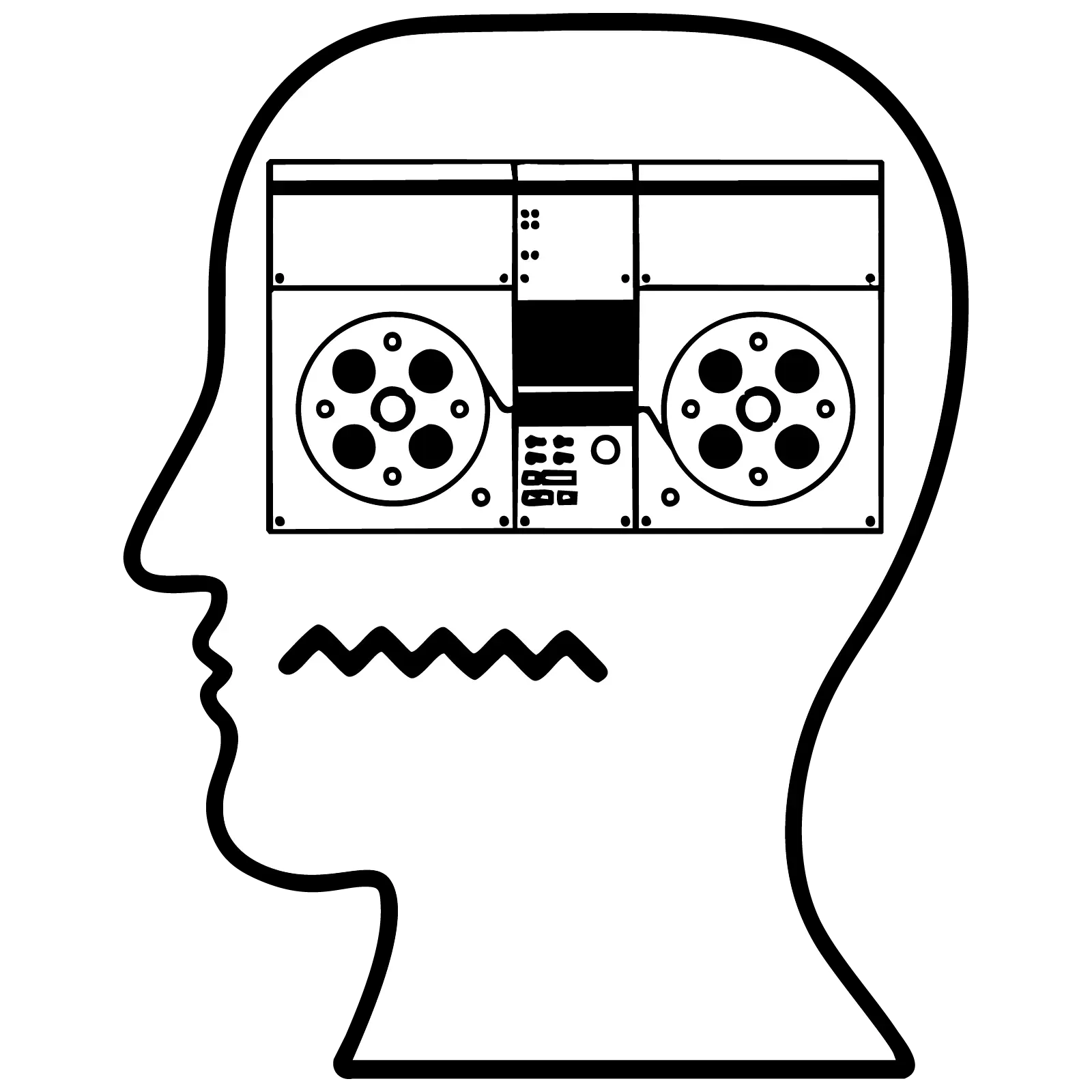
What happens when futures work intersects the grounded circuits of meaning-making and material culture and not just other futures workers or foresight ‘experts’?

Why is Near Future Laboratory Collaborating with Brain Dead and Gary Hustwit, Anyway?
20 years ago I moved to LA to teach at USC’s ‘School of Cinematic Arts’ — which I did for four years as an Assistant Professor.
My first class — two days after I landed — was in the Ron Howard Screening Room, of all things. It was a graduate course that was 3 hours long. It wasn’t until half way through the term that a colleague helpfully told me that I didn’t have to lecture for 3 hours, but show movies. I could pull anything from the USC film archive which basically mean — everything ever filmed.
I did that — but what I wanted to focus the course and its discussion on was ‘the future of visual storytelling’ — the open-ended prompt for ‘The Future of Filmmaking’.
This topic is the reason why my studio — Near Future Laboratory — is collaborating with Brain Dead and Gary Hustwit on this event on the 26th. Of course ‘Eno’ is a fascinating document on the work and career of Brian Eno, someone who has made ‘generative’ a theme since his Roxy Music days.
But the film’s production and tooling also pushes at the vanguard of visual storytelling. Near Future Laboratory, Brain Dead, Darling&Co, and Anamorph — Gary’s new production operation — want to facilitate projects and discussions about the near future of generative storytelling.
This wasn’t a Hollywood Party.
This event was meant to be one amongst other ‘sparks’ meant to ignite a creative renaissance that reimagines the ways we tell stories and the way we imagine into what could be. There is a bewildering assortment of possible futures of visual storytelling. The conventions we consider established are evolutionary steps along a wandering path of possibilities. Gary has given us a glimpse of adjacent and near future possibilities.
Gary simple question that started this whole thing is the question an adult would be bewildered to answer if a child asked it: “why does a film have to be the same every time”.
It’s the question asked by an open-mind that is not prepared to accept the status quo. It’s asked without antagonism, nor resentment, nor shaming. And not waiting for the answer, he just created the circumstances to not only pose the question but provide an answer to the more material question which is this: “what would it take to have a cinematic apparatus that does not show the same film twice?”
And rather than theorizing or tormenting himself — he created that apparatus as if it has come from a possible future in which no one thinks twice about the question ‘why does a film have to be the same every time’ because if they were the same every time, that would be weird. And bringing these artifacts into the circuits of material culture makes infinitely more sense, and has infinitely more valence, than some abstraction or prosaic intervention.
Gary, his generative documentary ‘Eno’, and Brian (Eno) are a kind of futurist of the best sort — they make the worlds they imagine and do so materially — and shape culture far more than the futurists who think getting a certificate in Foresight is good enough to call yourself one.
Less yammering, more hammering.
Near Future Laboratory x Brain Dead x Gary Hustwit
September 26-30th
Brain Dead Studios, Fairfax
Los Angeles

“This idea that a film has to be set in stone and always linear is obsolete, I think. There’s another possible path here for filmmaking going forward.”
— Gary Hustwit
An entanglement of software, culture, music, and time
Join us for screenings of Gary Hustwit’s extraordinary generative documentary “Eno” at Brain Dead Studios, Fairfax Ave, Los Angeles
VIP screening on September 26th, featuring a discussion moderated by Elvis Mitchell with Gary Hustwit, Julian Bleecker and special industry guests.

Critics Pick
“Eno” is the groundbreaking generative documentary about visionary musician and artist Brian Eno, a film that’s different every time it’s shown. The film taps into an over 60-year tradition of “generative art” of which Eno himself is part. Drawing from a database of 30 hours of new interviews with Eno and 500 hours of film from Eno’s personal archive, a system of rules set down in code by Hustwit and artist-programmer Brendan Dawes results in a different film algorithmically generated for each viewing.